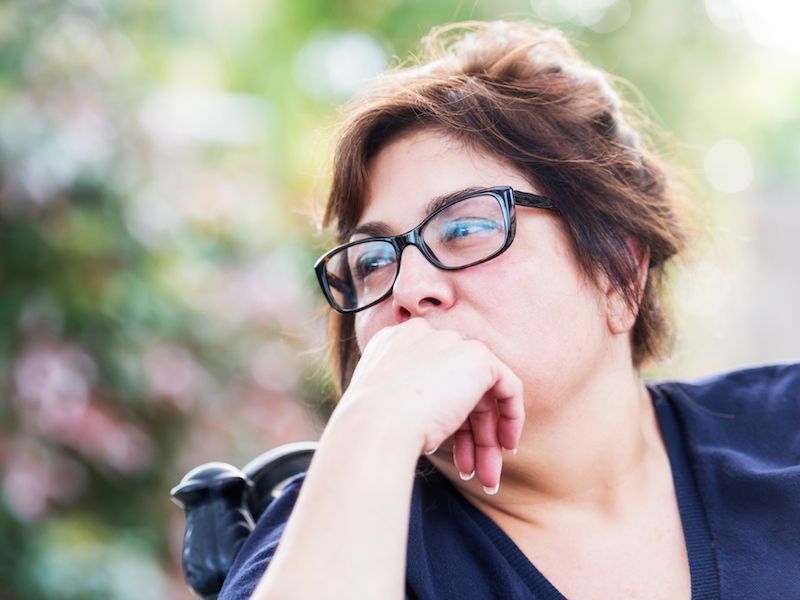
Studies show that people who have diabetes are twice as likely to have hearing loss, according to the American Diabetes Association. If you are somebody that associates hearing loss with getting old or noise trauma, this may surprise you. Almost 500,000 of the1.9 million people diagnosed with diabetes in 2010 were under the age of 44. Some kind of hearing loss likely affects at least 250,000 of the younger people with this disease.
The point is that diabetes is just one of several ailments which can cost a person their hearing. Other than the apparent aspect of aging, what is the link between these conditions and hearing loss? These diseases that lead to hearing loss should be taken into consideration.
Diabetes
What the link is between diabetes and hearing loss is unclear but clinical research seems to indicate there is one. A condition that indicates a person could develop type 2 diabetes, called prediabetes, causes people to lose their hearing 30 percent faster than people who don’t have it.
While scientists don’t have a conclusive reason as to why this occurs, there are some theories. It is possible that high glucose levels may cause damage to the blood vessels that feed the inner ear. Diabetes is known to impact circulation, so that is a reasonable assumption.
Meningitis
Hearing loss is a symptom of this infectious disease. Because of infection, the membranes that cover the spine and brain swell up and that defines meningitis. Studies show that 30 percent of people who develop this condition will also lose their hearing, either partially or completely. This infection is the second most common cause of hearing loss among American young people.
Meningitis has the potential to injure the delicate nerves that permit the inner ear to forward signals to the brain. The brain has no way to interpret sound if it doesn’t get these signals.
Cardiovascular Disease
Cardiovascular disease is an umbrella label that covers conditions that affect the heart or blood vessels. Some typical diseases in this category include:
- Heart attack
- High blood pressure
- Peripheral artery disease
- Stroke
- Atherosclerosis
- Heart failure
Usually, cardiovascular diseases tend to be linked to age-related hearing loss. Injury can easily happen to the inner ear. When there is an alteration of the blood flow, it may not get the oxygen and nutrients it needs to thrive, and injury to the inner ear then leads to loss of hearing.
Chronic Kidney Disease
A 2012 study published in The Laryngoscope found that people with this condition also had an increased risk of hearing loss. A separate study found that chance to be as high as 43 percent. It is possible that this relationship is a coincidence, though. Kidney disease and other ailments associated with high blood pressure or diabetes have many of the same risk factors.
Another possibility is that the toxins that build-up in the blood as a result of kidney failure may be the cause. These toxins may damage the nerves in the inner ear, closing the connection it has with the brain.
Dementia
The link between hearing loss and dementia is a two-way street. A person’s chances of getting Alzheimer’s disease appears to be increased by cognitive deterioration. Dementia comes about because of brain atrophy and shrinkage. That process is accelerated by hearing loss.
It also works the other way around. A person who develops dementia even though there is normal hearing will show a decline in their hearing as injury to the brain increases.
Mumps
Mumps is a viral infection which can cause children to lose their hearing early in life. Loss of hearing may affect both ears or only one side. The reason this happens is the virus damages the cochlea in the inner ear. It’s the component of the ear that sends signals to the brain. The positive thing is, due to vaccination mumps are relatively rare today. Not everyone who has the mumps will suffer from hearing loss.
Chronic Ear Infections
For the majority of people, the random ear infection is not much of a risk because treatment clears it up. For some, however, infection after infection take a toll on the tiny components that are required for hearing such as the eardrum or the small bones in the middle ear. When sound cannot get to the inner ear with enough force to send signals to the brain it’s known as conductive hearing loss. Infections can also cause a sensorineural hearing loss, which means nerve damage.
Prevention is the key to avoiding many of the illnesses that can cause you to lose hearing. A healthy diet, plenty of exercise and regular sleep habits will go a long way to protecting your ear health throughout your life. You should also get regular hearing exams to make sure your ears stay healthy.
The content of this blog is the intellectual property of MedPB.com and is reprinted here with permission.
The site information is for educational and informational purposes only and does not constitute medical advice. To receive a personalized free hearing test and hearing loss consultation, call today to set up an appointment.









